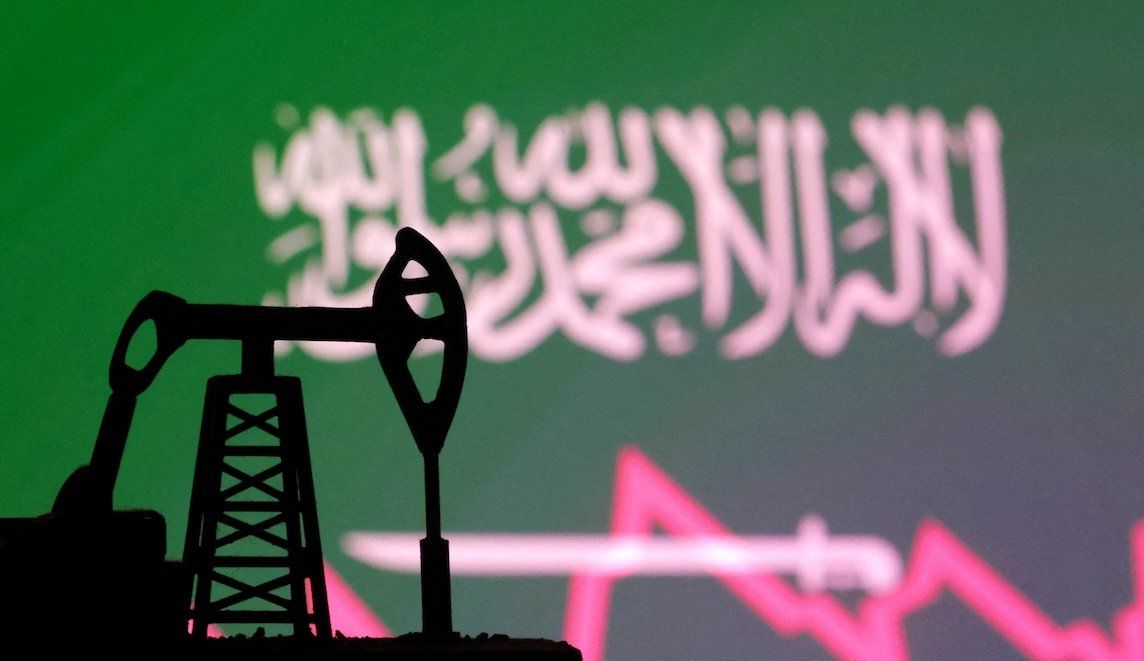Since November 2022, Saudi Arabia has led the grouping of OPEC members plus Russia in maintaining oil supply cuts to try to keep prices as close as possible to an unofficial target of $100 per barrel for Brent crude. Not coincidentally, the IMF estimates Saudi Arabia need $100 barrels to balance its budget as Crown Prince Mohammed bin Salman funds hugely expensive development projects as part of his Vision 2030 economic reform plan. Saudi Arabia is currently producing 8.9 million barrels a day, its lowest level in more than a decade.
The lower price will be good news for incumbent politicians facing public anger over broader inflation. That’s also true for Democratic presidential nominee Kamala Harris, whom Donald Trump has blamed for higher prices for US consumers. The Saudi decision will keep gasoline prices in check through the US election.
